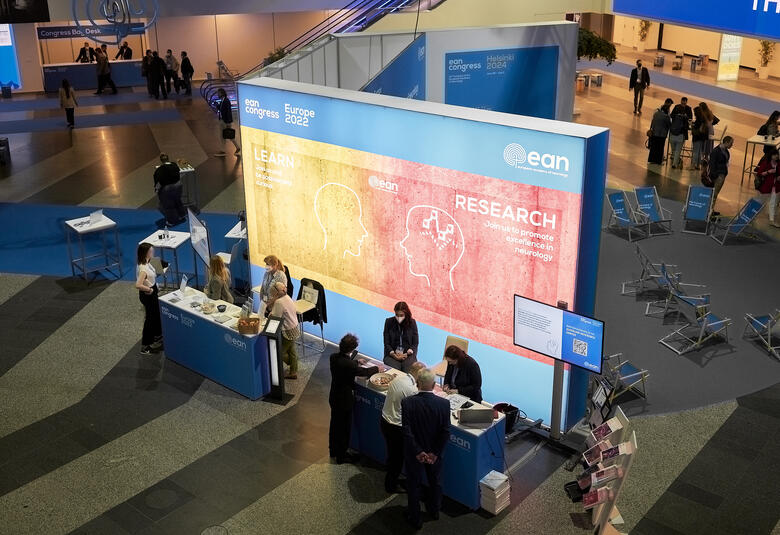Migraine severity and frequency changes during and after pregnancy in response to hormonal changes. Professor Rebecca Burch, Brigham and Women's Hospital, MA, described these changes and advised on the management of patients with migraine before, during and after pregnancy at the Virtual Scottsdale Headache Symposium 2020.
Migraine is most common in women of childbearing age, with a prevalence peaking at 27% at the age of 41.1 The hormonal changes of pregnancy affect migraine, so although migraine often continues into at least part of pregnancy,2 it improves in most women as pregnancy progresses, said Professor Burch.
Discontinue potentially teratogenic anti-migraine medications before conception
Pre-conception counseling
It is important to discuss pregnancy with all migraine patients of childbearing age, said Professor Burch, to:
One in five women with migraine avoid pregnancy
- address concerns—approximately 20% of women with migraine avoid pregnancy because they fear that pregnancy will worsen their migraine, migraine attacks will make pregnancy difficult, and migraine medications will harm the fetus3
- provide guidance on the need for contraception while taking potentially teratogenic anti-migraine medications
- ensure potentially teratogenic anti-migraine medications are discontinued before conception
- advise on lifestyle and behavioral strategies to prevent migraine—including sleep hygiene, ensuring healthy hydration and diet, biofeedback or relaxation practice, acupuncture, and physical treatments such as massage (read more here)
- make an acute treatment plan
Effect of migraine on pregnancy outcomes
Migraine is associated with a risk of several adverse pregnancy outcomes
A large Danish population-based study of nearly 23,000 pregnancies among women with migraine has demonstrated an increased risk of pre-eclampsia and other hypertensive disorders, low birth weight and preterm birth compared with women who do not have migraine,4 said Professor Burch.
In addition, infants born to women with migraine have slightly increased risks of intensive care unit stays, hospitalizations, respiratory distress syndrome, and febrile seizures.4
Postpartum migraine
Migraine commonly worsens postpartum and during breastfeeding
Up to 40% of women will experience headache within the first several weeks after pregnancy and primary headache disorders are the most common cause, said Professor Burch.
Worsening migraine is common postpartum and during breastfeeding,5 added Professor Burch, and this may be due to:
- falling estrogen levels
- sleep deprivation
- emotional stress
- dehydration and changes in eating patterns
However, breastfeeding is not contraindicated unless patients are on a prohibited anti-migraine therapy, said Professor Burch.
Our correspondent’s highlights from the symposium are meant as a fair representation of the scientific content presented. The views and opinions expressed on this page do not necessarily reflect those of Lundbeck.




